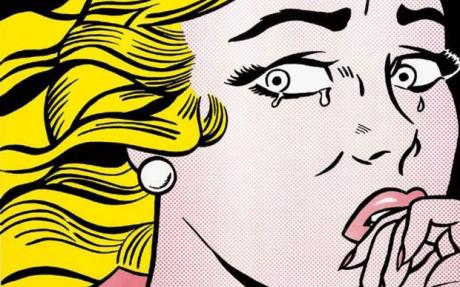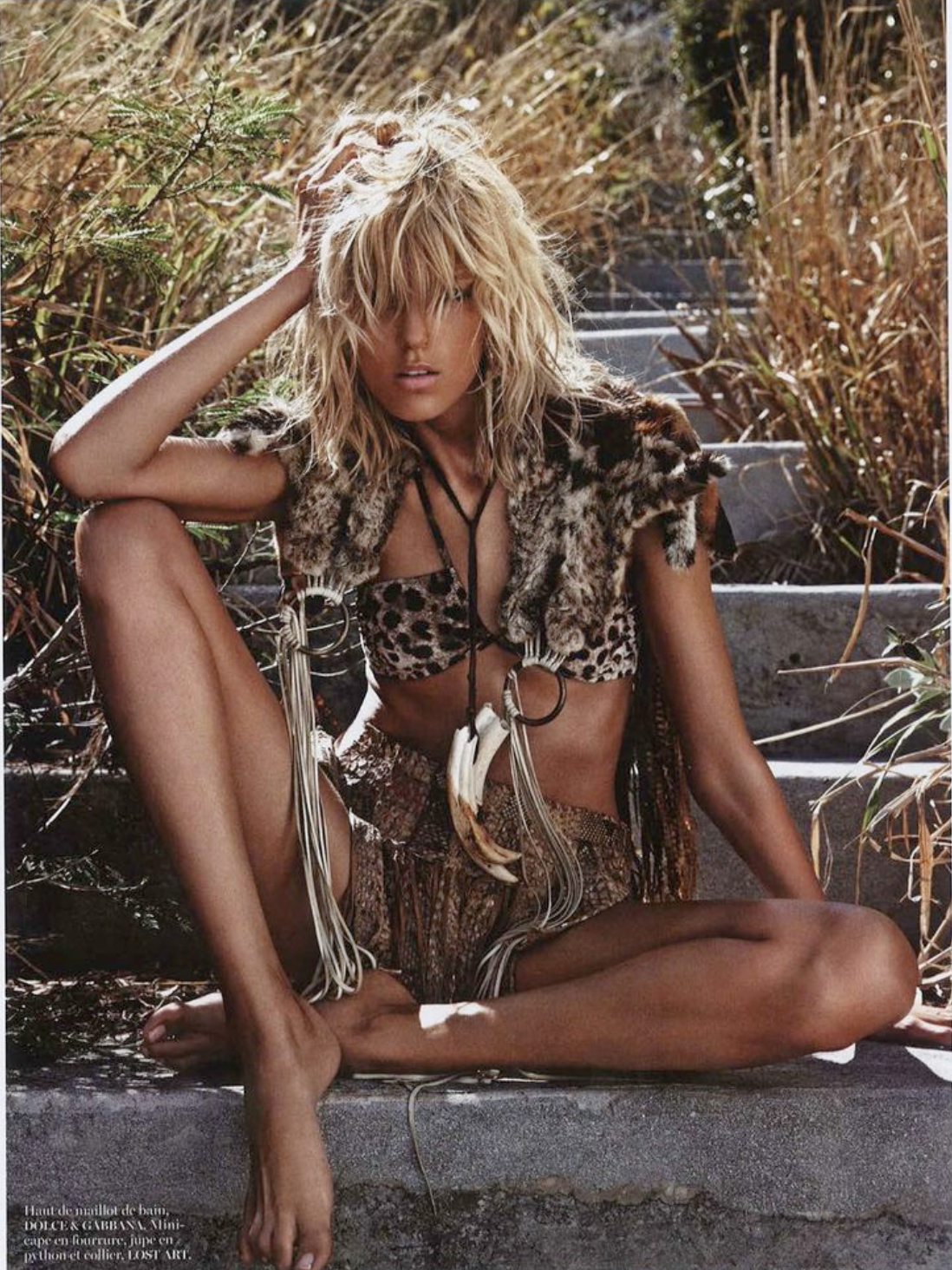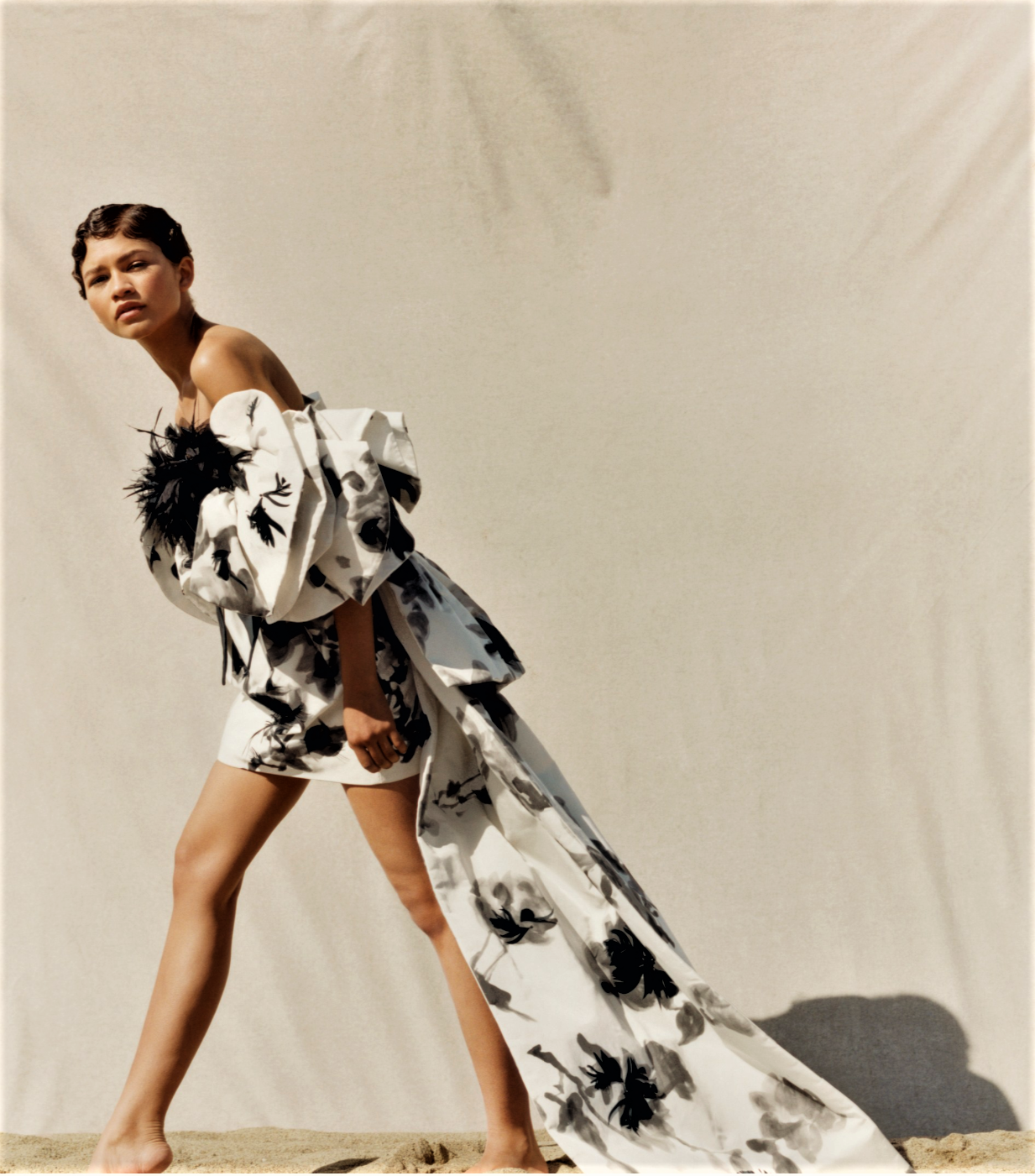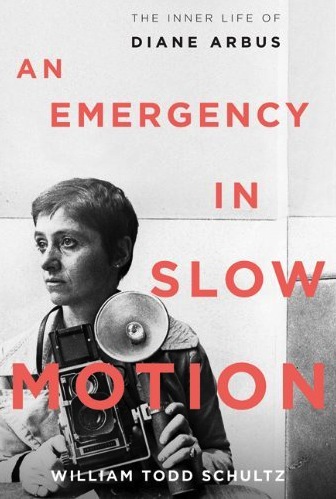Diane Arbus Books | Women & Crying | Breastfeeding & Depression | Marilyn Monroe
/Les Artistes
Marilyn Debut in New York
‘My Week with Marilyn’ to Premiere at NY Film Fest The Wrap
 The world premiere of ‘My Week with Marilyn’, based on the diaries of a young production assistant, Colin Clark and Marilyn Monroe’s film ‘The Prince and the Showgirl’ will be the centerpiece gala of the 2011 New York Film Festival.
The world premiere of ‘My Week with Marilyn’, based on the diaries of a young production assistant, Colin Clark and Marilyn Monroe’s film ‘The Prince and the Showgirl’ will be the centerpiece gala of the 2011 New York Film Festival.
The film starring Michelle Williams as Marilyn Monroe and Kenneth Branagh as Laurence Olivier will screen at Alice Tully Hall on Sunday, October 9, as part of the 49th NYFF running from September 30 to October 16.
Shock Photographer Revisited
3 New Books | Diane Arbus Life and Images 40 Years Later AOC Sensually Yours
 Diane Arbus self portrait w/daughter Doon
Diane Arbus self portrait w/daughter Doon
The very talented and controversial photographer Diane Arbus followed writer Sylvia Plath in committing suicide in 1971 at the age of 48. Three new books examine Arbus’ images and her very-closed life.
William Todd Schultz is now a professor of psychology at Pacific University in Portland, Oregon, specializing in personality research and ‘psychobiography.’
It’s within this genre that the author tries to make sense of what he terms Arbus’s “oceanic” personality. Schultz examines Arbus’s life through the prism of four central mysteries: her outcast affinity, her sexuality, the secrets she kept and shared, and her suicide.
RedTracker
For Crying Out Loud
Crying shame: Tears don’t make you feel any better, study shows MSNBC Is it possible that women spend 12,000 hrs of their lives crying?
Is it possible that women spend 12,000 hrs of their lives crying?
97 Dutch women kept a daily mood journal for three months. The group reported 1004 crying episodes or an average of 10 per woman over the three month period. Average duration was eight minutes.
In spite of folkloric wisdom that crying is cathartic, only 30% of respondents reported feeling better after weeping. 9% reported feeling worse.
Depression and Breastfeeding
Postpartum Depression and Difficulty Breastfeeding May Go Hand in Hand TIME
 Researchers report that women with difficulties breast feeding are 42% more likely to suffer post-partum depression two months later.
Researchers report that women with difficulties breast feeding are 42% more likely to suffer post-partum depression two months later.
Dr. Alison Stuebe, the study’s senior author and an assistant professor in the department of obstetrics and gynecology in the UNC School of Medicine says that clinicians treating women with difficulty breastfeeding must move beyond the baby’s mouth and boom (her word!!) and investigate the mother’s brain.
Depression, in general, has been linked to increased pain sensitivity, which may explain why depressed women have more pain while breast-feeding.In a related study Stuebe is conducting, she discovered that new moms who express feelings of anxiety have lower levels of oxytocin. For these women, there’s no feel-good oxytocin high surging through their bodies when nursing.
Stuebe earlier this year in a blog for the Academy of Breastfeeding Medicine, it’s time to recognize that breast is not necessarily best for every woman. In an article Breast not always best for mums, clinical psychologist Leanne Taylor-Miller reported that in her small study of 32 new mothers, eight reported significant psychological distress with breastfeeding.
One mother has dubbed midwives and health workers “the breastfeeding Gestapo” while others have spoken of being left broken-hearted, and feeling they have failed as mothers.
Gwyneth Paltrow, Brooke Shields, Amanda Peet, Valerie Plume Wilson, Courtney Cox, Kendra Wilkinson, Marie Osmond, Bryce Dallas Howard, Carnie Wilson, and Lisa Rinna are well-known women who have suffered from post-partum depression.





